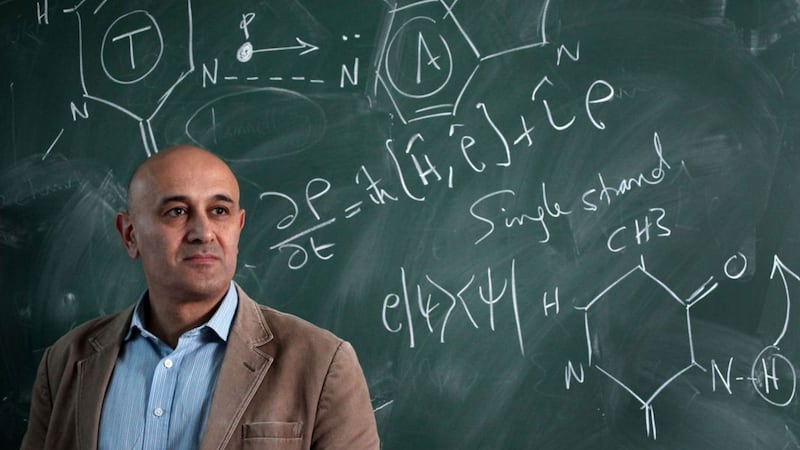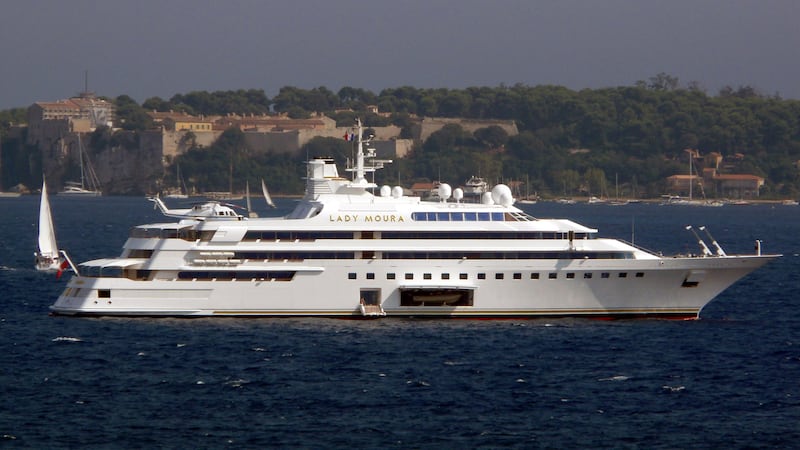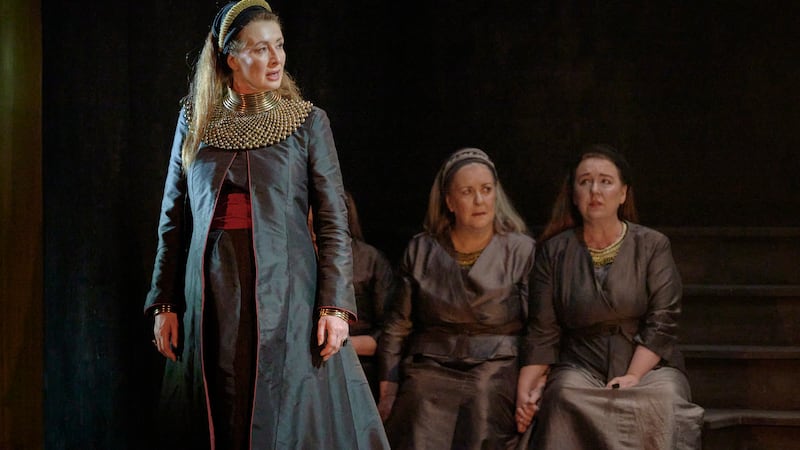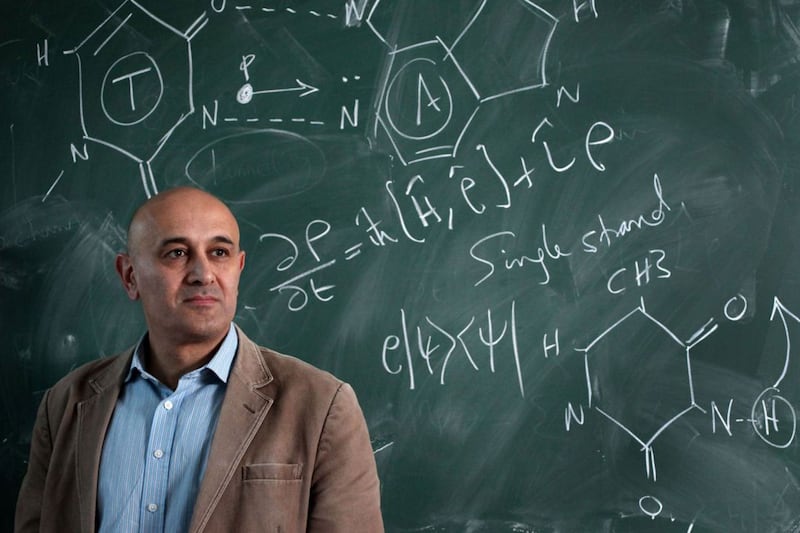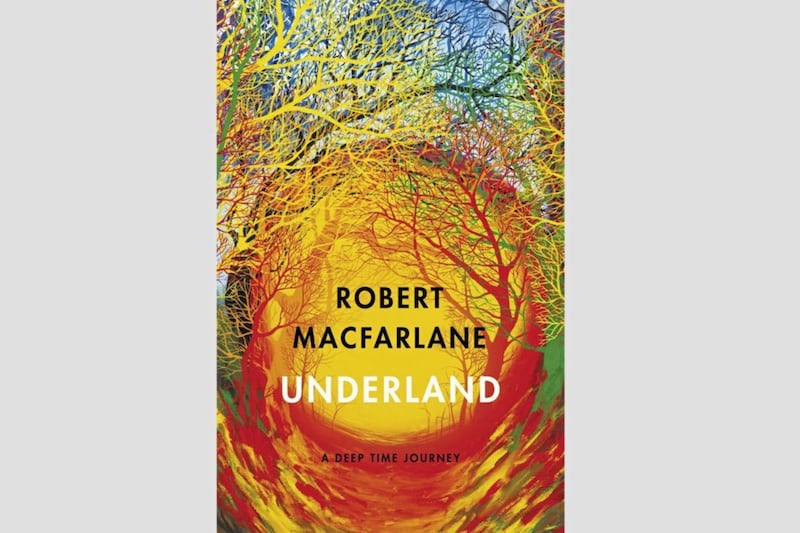GREETINGS to all the sentient beings here because of the Big Bang, it’s another Bluffer’s Guide to Irish,
The Bluffer is very much looking forward to the Northern Ireland Science Festival which starts on 13 February.
Eolaíocht is the Irish for a science and it is added to the end of lots of words to create others such as bitheolaíocht - biology, siceolaíocht - psychology and réalteolaíocht - astronomy and so on.
The Science Festival has all of the above and a cornucopia of other fascinating subjects to cover at venues all over the north.
Some are directed at an t-aos óg - young people and others at daoine fásta - grown-ups but there’s no doubt that all the events will be as entertaining as they are enlightening.
The Bluffer is particularly looking forward to three, starting with Belfast’s Forgotten Medical History – a Walking Tour.
This starts off with a turas treoraithe - guided tour an engrossing historical walking tour where you can discover which galair - diseases and tinnis - illnesses afflicted those living in Victorian Belfast, it will show us what life was like in Belfast’s gealtlanna - asylums but it also takes us up to modern times with talks at the Ulster University on how doctors coped during the Troubles.
The walking tours are on Friday 14 and Friday 21 February at 5.30pm.
One of my favourite eolaithe - scientists is Jim Al Khalili, the Iraqi-born fisiceoir teoiriciúil - theoretical physicist, údar - author and craoltóir - broadcaster.
Jim will be calling on us all “to share in the profound adventure of seeking truth in the world around us.”
The other talk the Buffer will be a be attending is How to Argue with a Racist:History, Science, Race & Reality with Adam Rutherford.
Tá mé go dubh in éadan an chiníochais - I’m totally against racism and Adam will how science is being used to strengthen racist ideologies, even amongst daoine macánta - well- intentioned people.
Of course, not all the events are tromchúiseach - weighty.
Polcaphonc le Doimnic Mac Giolla Bhríde is an event blending art, literature and science in which Dominic will perform songs from Polcaphonc - Polka dot, his new book of songs in Irish for children.
Another great caint - a talk - or a léacht - a lecture is in store in the Royal British Legion hall in Garvagh.
Who Do We Think We Are? Ancient Genomes and Irish Origins.
Ancient DNA (that’s aigéad ársa dí-ocsairibeanúicléasach - ancient deoxyribonucleic acid if you must know) has become a vital archaeological tool, enabling the “genetic postcoding” of human remains and helping to rewrite the history of muintir na hEorpa - Europeans.
Professor Dan Bradley, a Co Derry man but who lectures at TCD will explain how human genetics can be used to understand the patterns and processes underlying genetic variations which exist on our island.
For instance, why are Irish people stereotypically rua - red haired? Why are we lactose tolerant and son on.
Details of all the Science Festival events are at url.ie/15voh
CÚPLA FOCAL
eolaíocht(oleeakht) - a science
bitheolaíocht(bih oleeakht) - biology
siceolaíocht(shik oleeakht) - psychology
réalteolaíocht(raylt oleeakht) - astronomy
an t-aos óg(un tees awg) - young people
daoine fásta(deenee faasta) - grown-ups
turas treoraithe(turiss chroreeha) - guided tour
galair(gaaler) - diseases
tinnis(chinyish) - illnesses
gealtlanna(gyaltlana) - asylums
eolaithe(oleeha) - scientists
fisiceoir teoiriciúil(fizikore chorikyool) - theoretical physicist údar(oodar) - author
craoltóir(crayltore) - broadcaster
Tá mé go dubh in éadan an chiníochais (taa may gaw doo in aydan un kineeahish) - I’m totally against racism]
daoine macánta(deenee macaanta) - well- intentioned people
tromchúiseach(tromkhooshakh) - weighty
caint(kiyntch) - a talk
léacht(laykht) - a lecture
aigéad ársa dí-ocsairibeanúicléasach(aagayd aarsa jeeoxa-ribanooclayasahk) - ancient deoxyribonucleic acid
muintir na hEorpa (mwintcher ha horapa) - Europeans
rua (rooa) - red-haired
